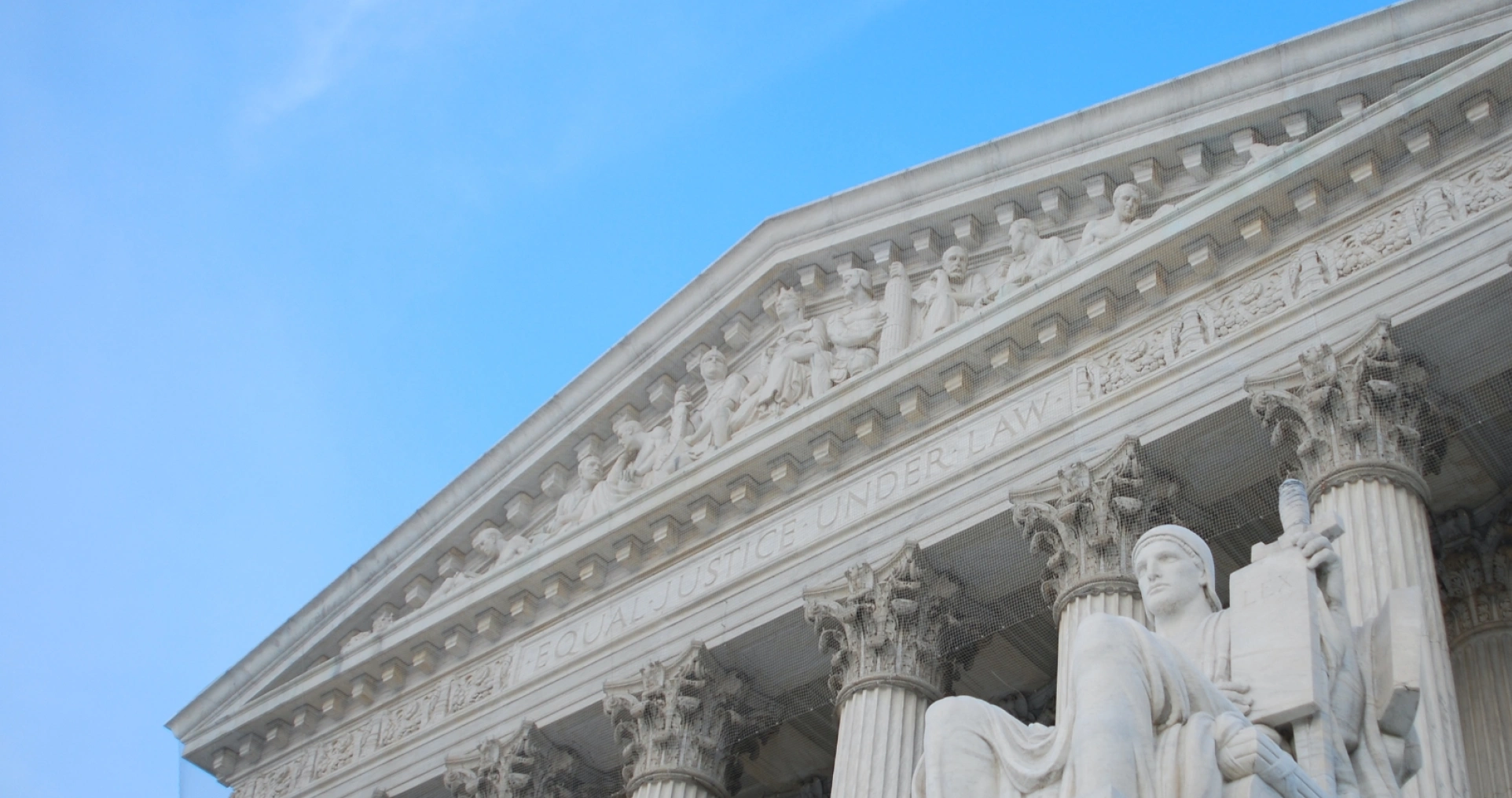Public policy: The court discusses cases in which the subject matter of the award was not arbitrable in the enforcement State on public policy grounds.

- You are here:
- Home
- Resources
- Publications
- Bibliography

Public policy: The court discusses cases in which the subject matter of the award was not arbitrable in the enforcement State on public policy grounds.
The court discusses the meaning and effect of the referral of the resolution of disputes to arbitration, including: who can ask for referral and when, whether a party has waived its right to request arbitration, the defense that there was no contract at all; whether there was a condition precedent to the commencement of arbitration (e.g. mediation), stay of proceedings v. compelling arbitration, and national procedural specificities such as remand and removal (US), effect of class action. etc.
Award not binding, suspended or set aside: The court discusses the difference between the exclusive jurisdiction to set aside an award (primary jurisdiction), which belongs to the courts of the country of origin of the award, and the jurisdiction of all other courts to recognize and enforce the award (secondary jurisdiction); issues relating to the determination of the “competent authority”; and whether an award that has been set aside in the country of origin can be enforced in another State under the Convention.
The court discusses whether awards rendered by the Iran-US Claims Tribunal fall under the Convention.
The court discusses which awards are considered non-domestic even if rendered in the State of enforcement (international element, lex mercatoria).
Multi-party disputes: The court discusses the consolidation of arbitrations; also, whether the possibility of conflicting awards is a ground for refusing enforcement of an arbitration agreement.
The court discusses whether an “a-national” award falls under the Convention.
The court discusses general questions relating to the interpretation of the Convention as an international treaty, also in respect of the methods of interpretation laid down in the 1969 Vienna Convention; the relationship between the New York Convention and the UNCITRAL Model Law and Recommendation 2006.
Award not binding, suspended or set aside: The court discusses the difference between the exclusive jurisdiction to set aside an award (primary jurisdiction), which belongs to the courts of the country of origin of the award, and the jurisdiction of all other courts to recognize and enforce the award (secondary jurisdiction); issues relating to the determination of the “competent authority”; and whether an award that has been set aside in the country of origin can be enforced in another State under the Convention.
The court discusses the overall scheme and/or pro-enforcement bias of the Convention.
The court discusses issues relating to the identity of the party against whom enforcement of the arbitral award is sought, including: piercing of the corporate veil, succession, assignment, State or State entity, group of companies, agent or principal, etc. For the related defenses to enforcement, see Art. V(1)(a).
Multi-party disputes: The court discusses under which conditions non-signatories are covered by an arbitration agreement entered into by another party.
The court discusses issues specific to an arbitration agreement concluded through an agent or broker, e.g., whether the authorization to conclude it must also be in writing.
Award not binding, suspended or set aside: The court discusses the difference between the exclusive jurisdiction to set aside an award (primary jurisdiction), which belongs to the courts of the country of origin of the award, and the jurisdiction of all other courts to recognize and enforce the award (secondary jurisdiction); issues relating to the determination of the “competent authority”; and whether an award that has been set aside in the country of origin can be enforced in another State under the Convention.
The court discusses issues specific to an arbitration agreement concluded through an agent or broker, e.g., whether the authorization to conclude it must also be in writing.
Multi-party disputes: The court discusses under which conditions non-signatories are covered by an arbitration agreement entered into by another party.